In response to "Plastic Free July", Booking.com highlights the change in travelers when traveling : from focusing only on saving energy, to prioritizing waste-reducing habits. Booking.com's Travel and Sustainability 2025 Report shows that 41% of Vietnamese travelers consider reducing plastic waste as the top activity associated with sustainable travel.
More than 25,000 properties worldwide have achieved sustainability certifications from independent organizations on the Booking.com platform. With 62 different certifications, Booking.com reflects the diverse efforts of properties to reduce greenhouse gas emissions, conserve water, manage waste more efficiently, optimize energy use, and actively support local communities.
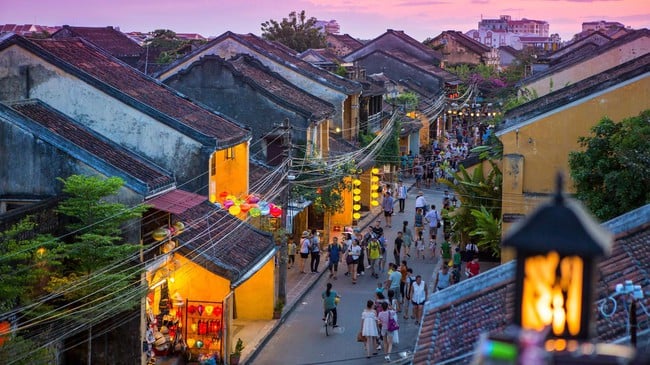
Hoi An Ancient Town (Vietnam)
Sustainable tourism trends of Vietnamese tourists
In 2025, one of the habits that Vietnamese travelers want to adopt on their trips is to reduce waste, specifically recycling and avoiding single-use items (58%). This trend shows a shift from 2024, when reducing energy consumption was still a priority (56%). 62% of Vietnamese respondents agreed that sustainable travel is very important to them and is a key factor considered before each trip. Notably, 90% want to choose more sustainable travel in the next 12 months*.
In Vietnam, 46% of travelers consider waste and pollution from tourism to be a major challenge* for local communities, and 56% want to improve waste management* for sustainable tourism. This awareness is having far-reaching impacts, with 69% of travelers increasingly aware of the impact of travel on communities and the environment, 83% wanting to leave destinations better off after they leave, and 26% including sustainability as a deciding factor when planning personal vacations.
Highlights
For travelers looking for ways to reduce their local impact—from using reusable water bottles to recycling bags—Booking.com suggests a list of destinations that are taking the initiative to embrace plastic-free travel.
Hoi An, Vietnam: Hoi An is a destination for zero-waste travel, demonstrating a long-standing commitment to environmental protection. Here, the Cham Islands - a UNESCO World Biosphere Reserve - banned plastic bags in 2009. Local businesses and communities are adopting a variety of sustainable solutions, from reusable products to the use of natural, traditional materials, providing authentic and meaningful experiences for visitors.
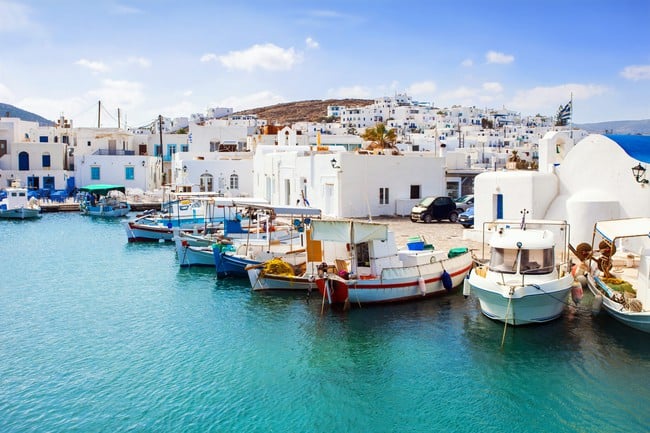
Paros (Greece)
Paros, Greece: The beautiful Cycladic island is actively replacing plastic with more sustainable solutions. Launched in April 2019, "Clean Blue Paros" is a comprehensive sustainability program with the goal of making Paros the first plastic-free island in the Mediterranean.
San Pedro La Laguna, Guatemala: This pristine lakeside town was the first in Guatemala to completely ban single-use plastics, Styrofoam and plastic bags. Locals have embraced the change and are using traditional materials like handmade paper, palm leaf baskets and banana leaf food packaging to help reduce plastic pollution in the town.
Tofino, Canada: A peaceful surfing town on Vancouver Island, Tofino is known for its deep-rooted goals and values in environmental conservation and stewardship. It is working to reduce and eventually stop the degradation of its natural environment. It has now achieved the title of “Plastic Smart Cities,” while enforcing strict bans on disposables and encouraging local businesses to offer zero-waste services.
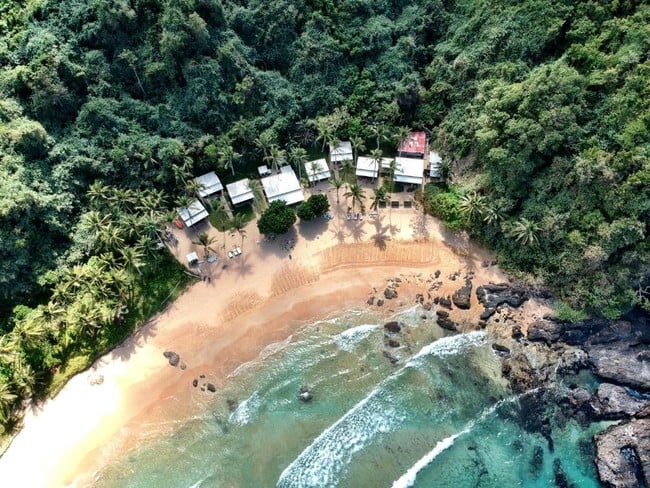
El Nido (Philippines)
El Nido, Philippines: Although not as well known as Boracay or Palawan, El Nido has been banning single-use plastics since 2019. El Nido Resorts is the first accommodation in the Philippines to join the Global Plastic-Free Tourism Initiative (GTPI), implementing a number of effective plastic reduction solutions, including a ban on packaged personal care and laundry products such as shampoo, toothpaste, laundry detergent, soap, and dishwashing liquid.
Ischia, Italy: In Ischia, a pilot project is being implemented to test systems for reusing food packaging and refill stations for water and cosmetics. In 2019, Ischia banned plastic plates and straws across the entire island to better protect its marine ecosystem and beaches.
Source: https://bvhttdl.gov.vn/du-lich-khong-rac-thai-nhua-uu-tien-hang-dau-cua-du-khach-viet-20250709173901159.htm










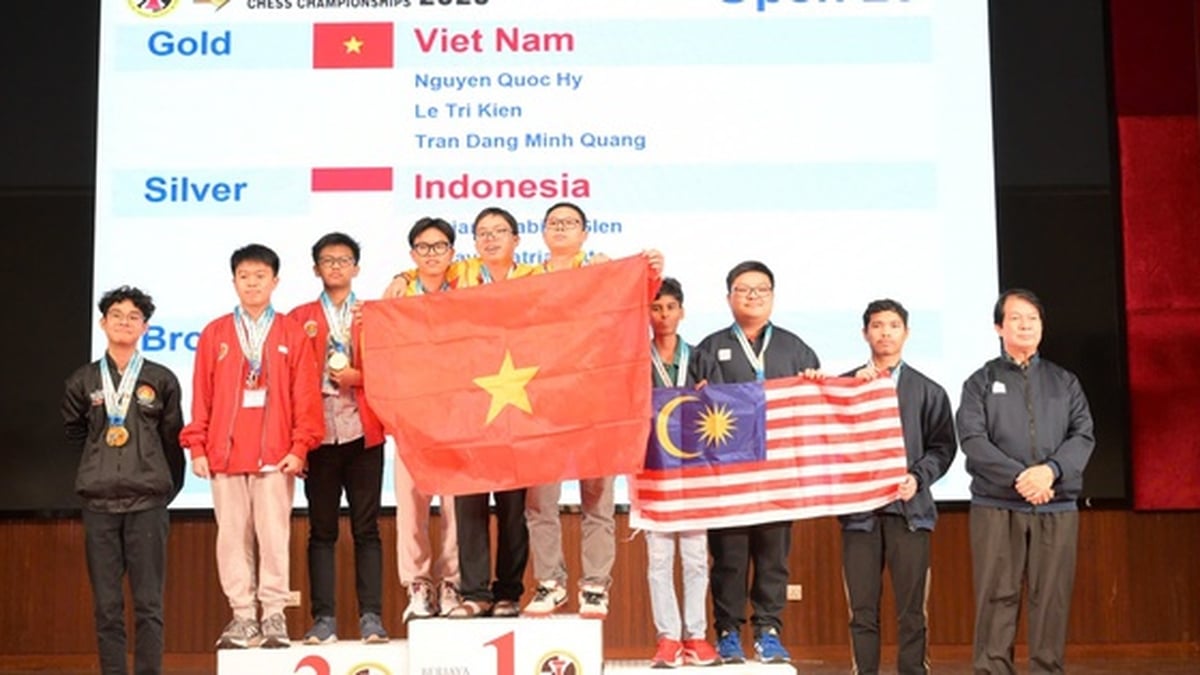














![[Photo] Gia Lai provincial leaders offer flowers at Uncle Ho's Monument with the ethnic groups of the Central Highlands](https://vphoto.vietnam.vn/thumb/1200x675/vietnam/resource/IMAGE/2025/7/9/196438801da24b3cb6158d0501984818)

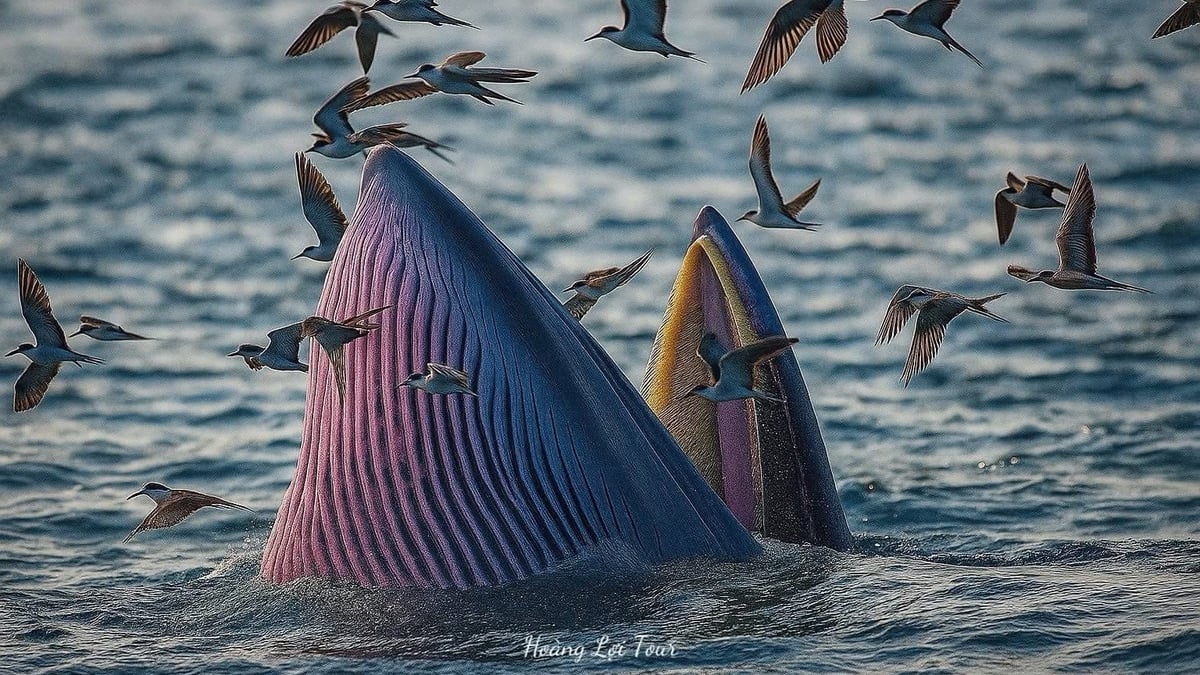






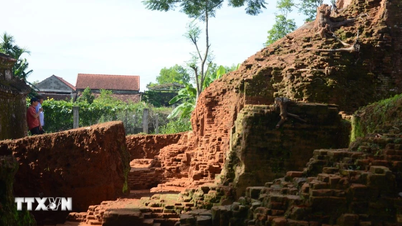





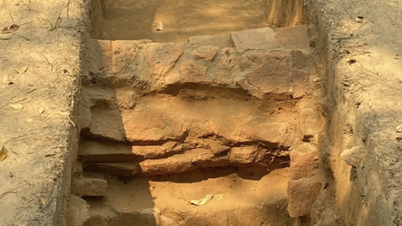















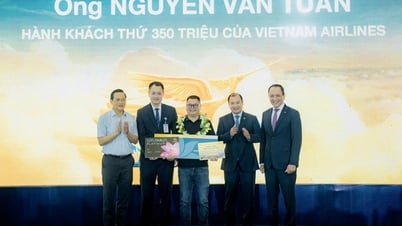


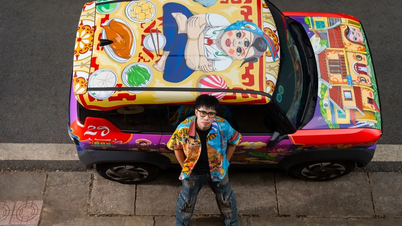









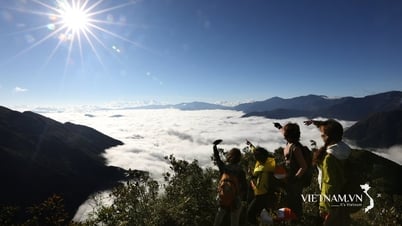



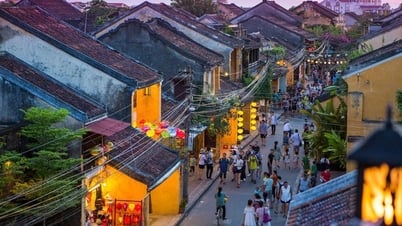
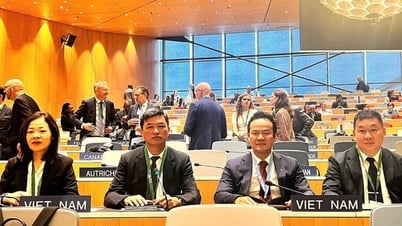

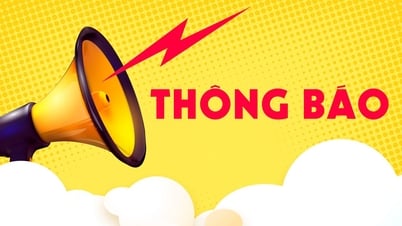


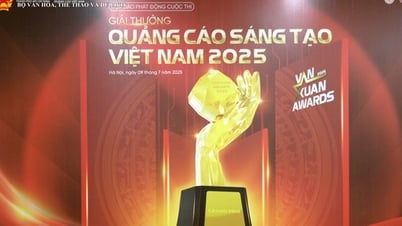







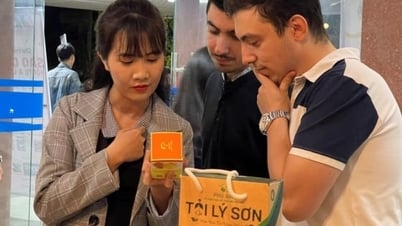




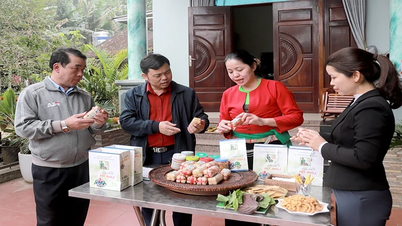




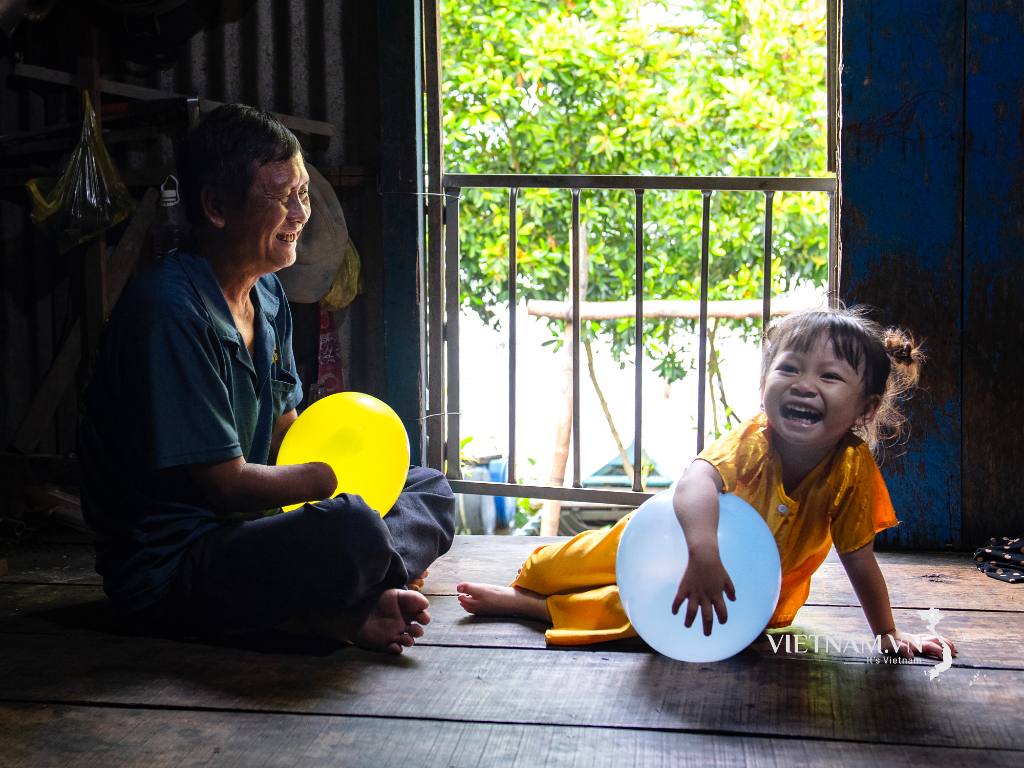
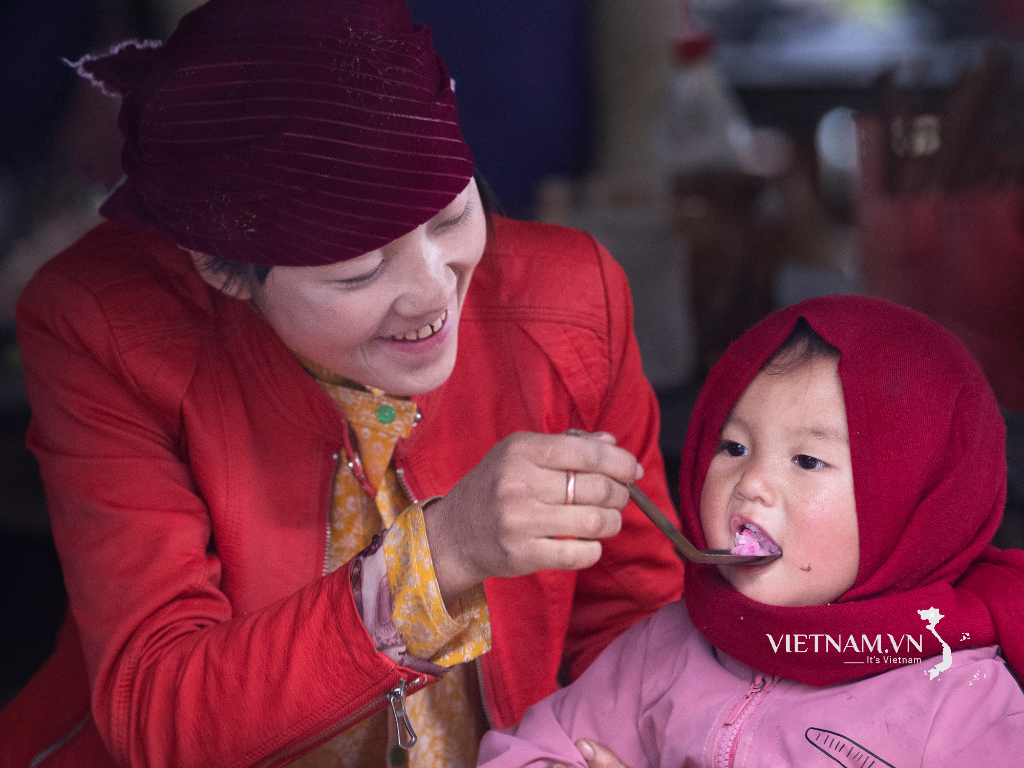


Comment (0)